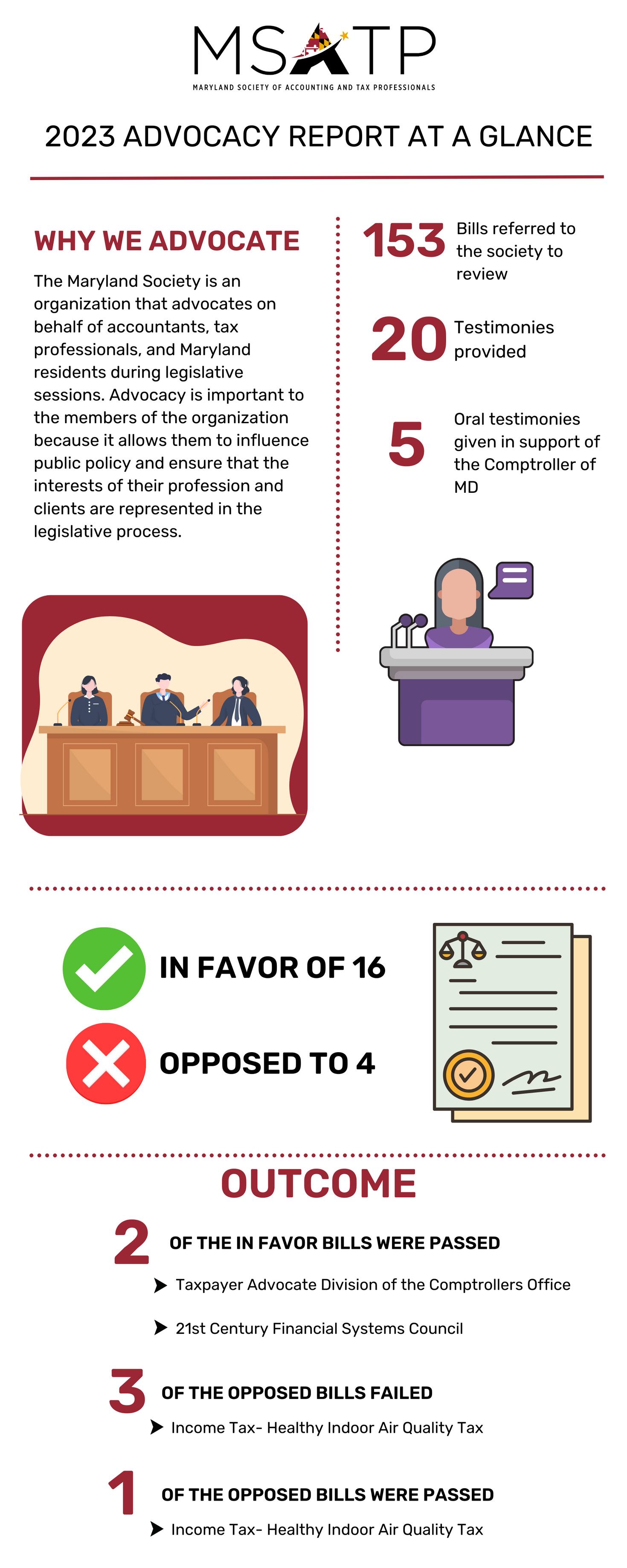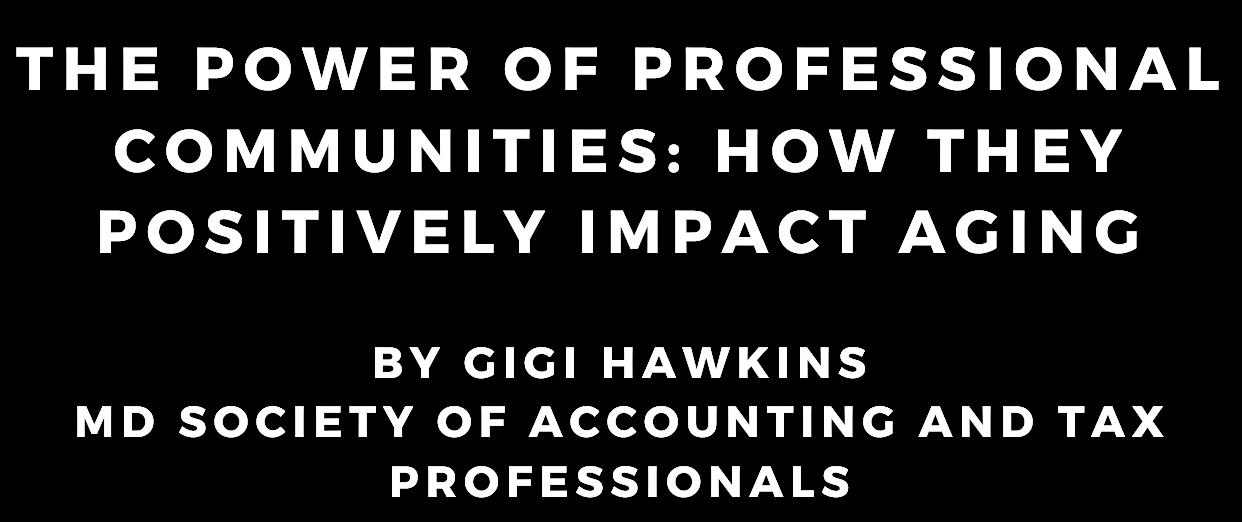
3 minute read
Labor and Employment – Worker’s Compensation –Hernia
HB 0902 Signed by the Governor – Chapter 0412
SB 0839 Signed by the Governor – Chapter 0411
Establishes that a hernia caused as a result of repetitive trauma may be considered an occupational disease that is compensable under worker’s compensation law In order for a hernia to be compensable, the accidental personal injury or strain that caused the hernia must be reported to the employer within 45 days after its occurrence. However, if a covered employee fails to file a claim for compensation within this time period, the claim may still be filed within two years after the date the injury occurred, unless the employer or its insurer has been prejudiced by the failure Hernias caused as a result of repetitive trauma are not generally compensable under workers’ compensation law, as held in the case of Greer v Montgomery County 246 Md App 245 Ct Spec App 2020 Effective October 1, 2023
Disclaimer: This report provides a summary of the legislation that was passed by the Maryland General Assembly during the 2023 session and signed into law by the Governor or Enacted Under Article II, Section 17(b) of the Maryland Constitution This report does not list every requirement that must be met to be in compliance with the legislation and any individual or business that must comply with or be knowledgeable of the legislation enacted into law should review the bills on the Maryland General Assembly website to ensure they are aware of and in compliance with all requirements of the legislation.
As we journey through life, our needs and priorities evolve. As we age, one aspect that becomes increasingly important is the sense of belonging and community. While professional communities are often associated with career development and networking, their impact goes far beyond that. This article explores the significance of being part of a professional community and how it can positively affect the aging process.

Social Connection and Well-being:

As individuals age, social connections become vital for their overall well-being. Being part of a professional community offers a platform to interact with like-minded individuals with similar interests, experiences, and challenges. These connections foster a sense of belonging, combat loneliness, and provide emotional support Studies have shown that strong social networks can lead to better mental and physical health outcomes, lower rates of depression, and improved cognitive function
Lifelong Learning and Cognitive Stimulation:
Professional communities are hubs of knowledge and continuous learning Engaging in intellectual discussions, workshops, or webinars within these communities provides ongoing cognitive stimulation Research suggests that staying mentally active through learning activities can help prevent cognitive decline and reduce the risk of dementia. By challenging the mind and acquiring new knowledge, individuals can maintain cognitive agility and promote brain health as they age
Sense of Purpose and Engagement:
Retirement or transitioning into a different phase of life can sometimes leave individuals feeling a lack of purpose or a void in their daily routines. Professional communities offer opportunities for continued engagement, utilizing skills, and contributing to the community's growth. By staying involved and sharing expertise, individuals can maintain a sense of purpose and fulfillment, which is crucial for healthy aging This active involvement can also lead to a smoother transition into retirement as individuals find new ways to apply their skills and passions
Health Promotion and Lifestyle Choices:
Aging is closely intertwined with health and lifestyle choices Being part of a professional community can positively influence health-related behaviors Within these communities, members often exchange information on health practices, share wellness tips, and support each other in making healthy choices. This collective effort can inspire individuals to adopt healthier lifestyles, including regular exercise, balanced nutrition, and stress management techniques Such positive health behaviors contribute to better overall health outcomes and a higher quality of life in aging.
Opportunities for Intergenerational Connections:
Professional communities often encompass individuals from diverse age groups This diversity allows for intergenerational connections and the sharing of experiences across different life stages. Older adults can offer wisdom, mentorship, and guidance to younger professionals, while younger members can provide fresh perspectives and technological expertise. These intergenerational interactions promote mutual learning, foster empathy, and challenge age-related stereotypes, creating a more inclusive and cohesive community
Being part of a professional community offers numerous benefits, especially as we age. It provides a sense of belonging, promotes social connections, and supports overall well-being By engaging in continuous learning, staying actively involved, and making positive lifestyle choices, individuals can enhance their cognitive function, find purpose, and improve their overall quality of life. Furthermore, professional communities provide a platform for intergenerational connections, enriching the experiences of all members Embracing the power of professional communities can lead to a more fulfilling and vibrant aging journey.









